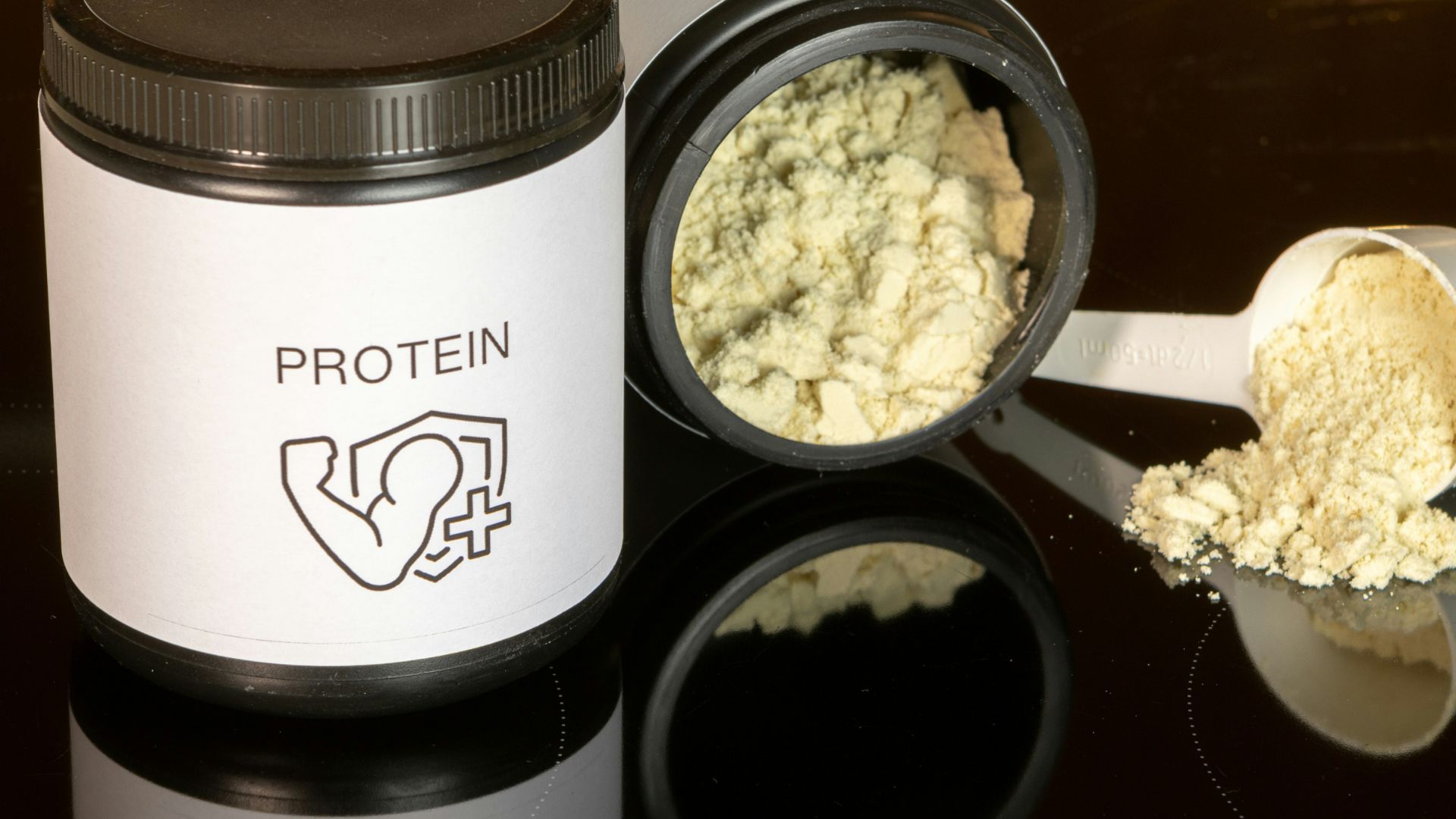Why whey: Benefits, risks and everything you need to know about whey protein
Especially common in the fitness industry, the use of whey protein is often associated with exercise. But what exactly do you need to know about this nutritional supplement and its effects on your body?
An excellent source of high-quality protein, whey protein is the most widely used supplement to enhance human body composition. We spoke to Kanchan Patwardhan, a food and nutrition expert from Mumbai with 27 years of experience who said it is a miracle product for fat loss and maintaining good health. Does this hero mix smell good or is it just another fitness fad? Patwardhan takes a look at the benefits, potential and uses of whey protein.
But first, what is whey protein?
Whey protein is “a mixture of proteins separated from whey, which is the part of milk that separates during cheese production,” according to Health line. This is one of the better types of protein from milk, as it is low in lactose and high in nine amino acids and ingredients such as beta-lactoglobulin, alpha-lactalbumin, bovine serum albumin and immunoglobulins. .
Whey protein can also be found in plant-based foods such as peas, rice and soy protein for those following a vegan diet.
Types of whey protein
Patwardhan distinguishes three types of whey protein: concentrate, isolate and hydrolyzate or hydrolysed whey.
Whey protein concentrate contains about 80% protein plus milk fat and is sweet because of its natural sugars. Hydrolyzate protein is a pre-digested form, which causes insulin levels to rise.
Patwardhan considers whey protein isolate to be the best of the three. He says, “It is a very popular type of protein because it is easily digested, due to the peptides derived from it.”
What are the natural sources of whey protein?

Raw and whole foods such as eggs, fatty fish and poultry are generally good sources of protein, says the nutritionist. Kefir, lean meats, Greek yogurt and various types of cheese are also considered good sources of this nutrient.
For those following a vegan diet, Patwardhan says pulses are known to be a good source of these nutrients. However, he explained that around 100 grams of cooked dal contains only four grams of protein which does not meet the dietary requirement. Some foods such as nuts, soybeans and peas contain 22 to 25 percent protein.
What are the dietary requirements for protein?

Patwardhan says moderate supplementation of whey protein is necessary to get its full benefits. A healthy adult (both male and female) needs one gram of protein per kilogram of body weight per day, he adds. Although this is a simple calculation that works for everyone, it is important to adjust the values by contacting a nutritionist, keeping health problems in mind.
He also emphasized the importance of factors such as lactose intolerance and a person’s daily activity to be considered when deciding on dosages.
What is whey protein powder?
According to , whey protein powder ingredients contain protein extracted from casein derived from milk, vitamins, minerals and flavoring agents added to make it more delicious, such as used in protein smoothies and shakes. It is recommended that you go through the full ingredient list with a professional before deciding which whey protein powder to use.
What are the benefits of whey protein?

According to a nutritionist, the main advantage of whey protein, especially if it is in isolated form, is that it can be easily digested without causing bloating. Patwardhan said, “It is known to improve insulin resistance, fight obesity, improve bone health and build collagen for healthy skin.”
Health line it means that protein provides the building blocks of muscles. Another report published by National Library of Medicine in 2012 he points to this miracle compound for increasing insulin levels by releasing anabolic hormones.
A NIM A study published in 1997 states that whey protein is absorbed faster than any other form of protein.
In general, whey protein in a specific form is considered the best for obtaining good muscle strength, body fat loss, as confirmed by the study mentioned in International Journal of Sports Nutrition and Exercise Metabolism.
Risks associated with whey protein supplements

However Health line lists the risks associated with excessive consumption of whey protein as “nausea, sweating, pain and cramping”, Patwardhan says that uncontrolled and highly concentrated forms of this nutrient over a long period of time can cause kidney problems over time and digestive problems that cause diarrhea.
Having said that, the nutritionist reiterates that it is generally safe to take whey protein powder after consulting with a professional who chooses the right dosage. “The protein consumed by each person should be based on numbers. Health conditions such as kidney problems or high levels of creatine in the blood should be checked before continuing to consume these nutrients,” says Patwardhan.
A word of caution
Especially safe and easy on the stomach and palate, whey protein is one of the best options for fat loss, gaining muscle strength and controlling blood triglycerides, among other benefits. . The nutritionist concludes that individuals should take the necessary precautions while choosing whey protein powder, considering their weight, health conditions and if they are pregnant or nursing mothers. In such cases, they need to take a powder approved by a nutritionist, which does not contain steroids and artificial flavors. “Go for a reputable product approved by your nutritionist,” he concludes.
Dietitian Kanchan Patwardhan has over 27 years of experience and is the founder and owner of Kanchan’s House of Health & Nutrition and Dr Nutree health products. He is also a recipient of the National Health Care Award.
(Featured image credit: Freepik)
The information in this article is correct as of the date of publication.
#whey #Benefits #risks #whey #protein
